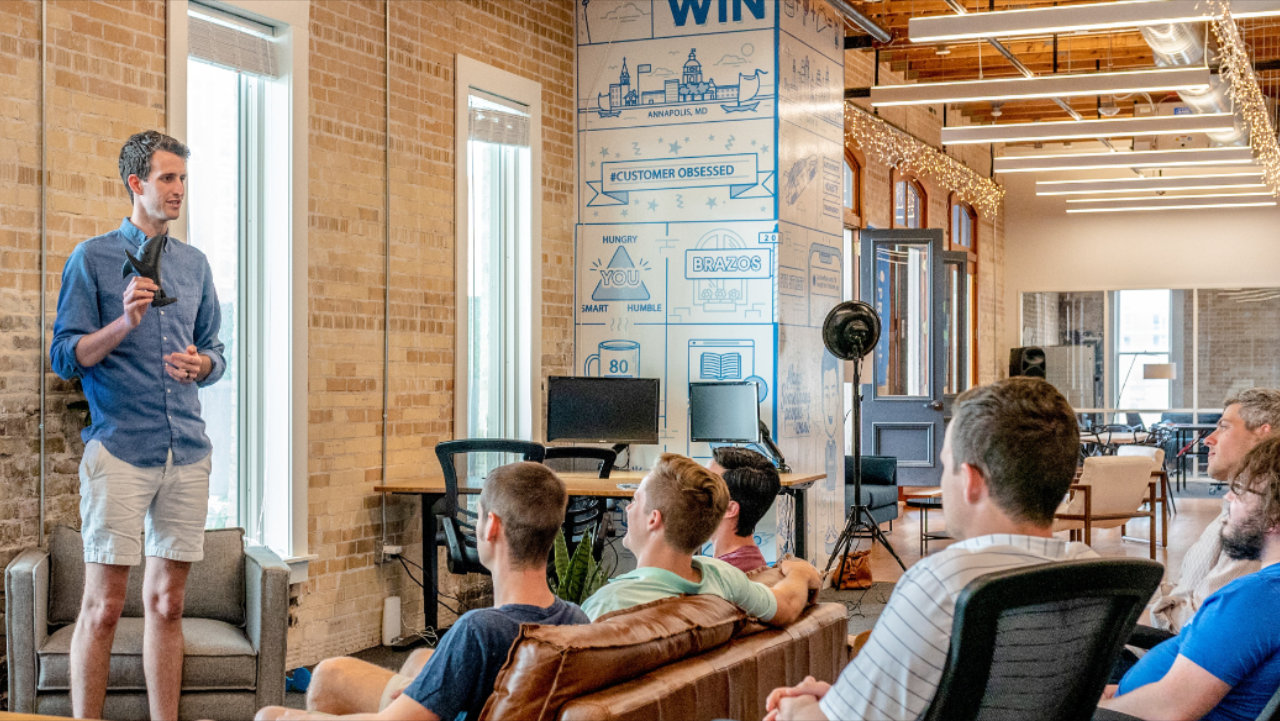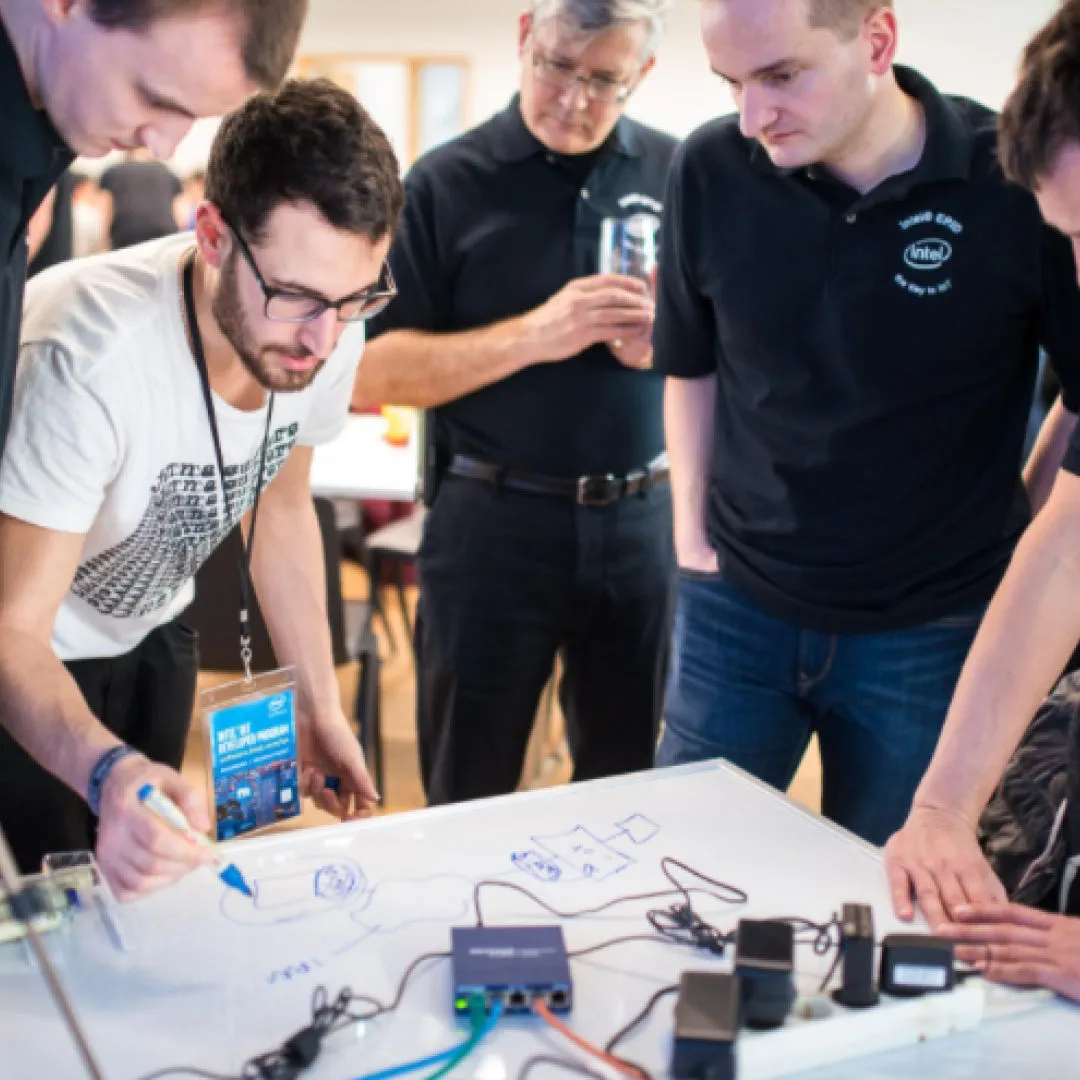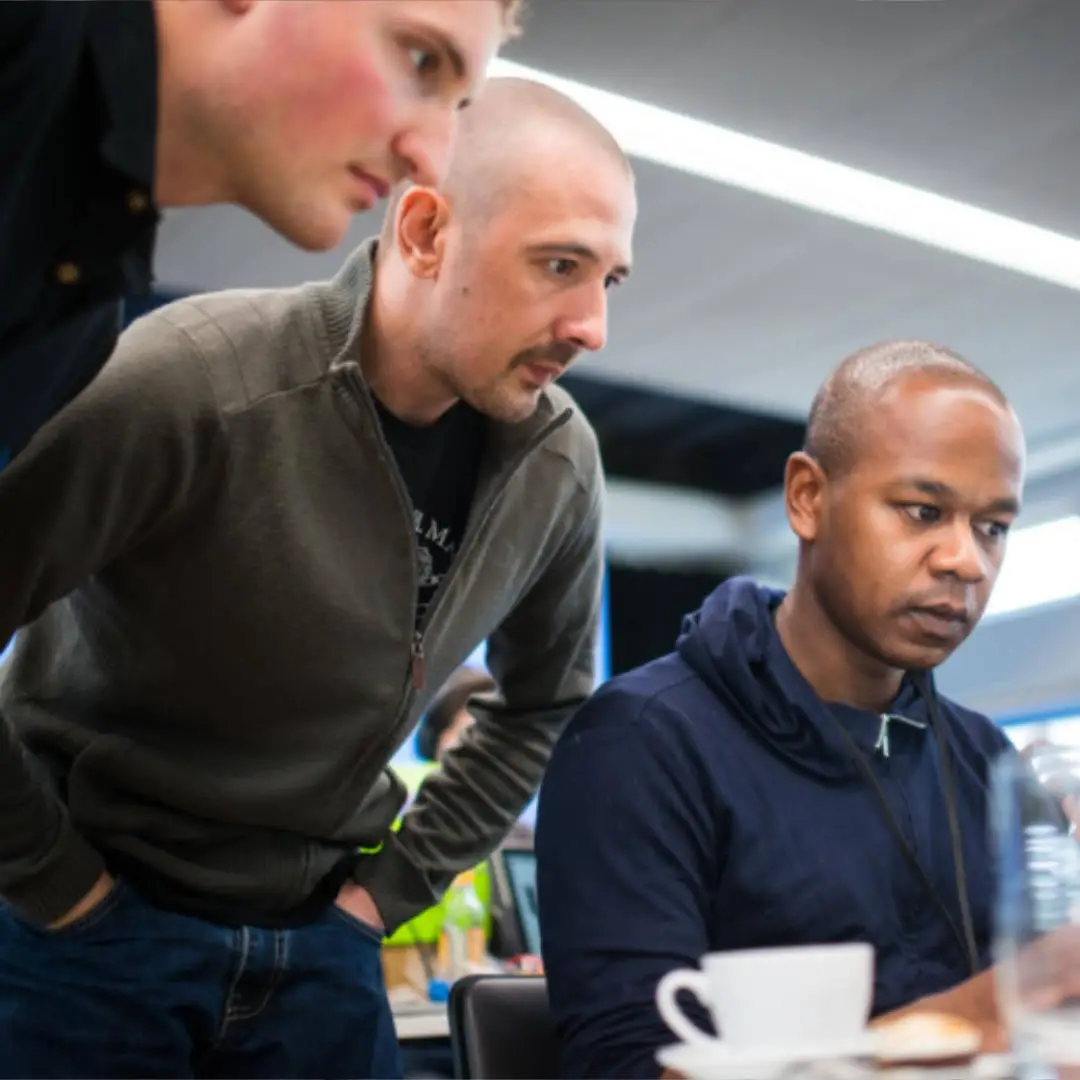Facilitate Student Mentor Matching
Elevate Hackathon Success with an Effective Mentor-Student Matching

When effectively integrated, mentorship within hackathons can dramatically enhance these events, providing both immediate educational benefits and fostering long-term professional relationships. As the examples demonstrate, the right mentor-student matching can lead to remarkable innovations that extend well beyond the hackathon itself. Thus, organisers should view effective mentorship not just as a component but as a critical success factor for any hackathon.
Hackathons
A hackathon brings together people from various backgrounds and skill levels, ranging from novice coders to seasoned developers. Participants are grouped into teams, and each team works on a project that usually addresses a pre-defined theme or problem statement. The time constraint, often 24 to 48 hours or weeks, creates a uniquely pressurised environment encouraging creativity and rapid problem-solving.
The inclusion of mentors in hackathons is crucial. These are individuals with significant experience in the relevant fields who guide teams through technical challenges, offer insights into industry practices, and encourage a spirit of collaboration and innovation. The mentor’s role at a hackathon can be pivotal in shaping the experience and outcomes for participants.
Participants
Mentorship in a hackathon context goes beyond mere technical guidance. Mentors help teams navigate through complex problem-solving processes, encouraging a structured approach to tackling challenges and fostering a conducive environment for learning. Their guidance can help prevent teams from veering off course or getting bogged down by technicalities, ensuring that the focus remains on delivering a viable solution or prototype by the end of the event.
The direct interaction between students and mentors in hackathons can serve as an excellent foundation for longer-term relationships. For students, having access to a mentor who can provide both technical expertise and career guidance is invaluable. For mentors, these interactions can be equally rewarding, as they get a front-row seat to emerging talents and innovative ideas that are shaping the future of technology. To maximise the benefits of mentorship during hackathons, organisers must consider effective strategies for mentor-student matching. This process involves more than just assigning mentors to teams; it requires a deep understanding of the mentors’ skills, experiences, and mentoring styles, as well as the learning needs and aspirations of the participants.
How It Works
Pre-event surveys, mentor training, and real-time feedback mechanisms are essential for enhancing both learning and teaching experiences at hackathons. By conducting surveys before the event, organisers can align teams and mentors based on their technical skills, experience, and interests, which optimises the interaction between students and mentors. Training mentors to adeptly handle high-pressure, time-limited environments through improved communication skills, leadership development, and effective teaching strategies can significantly elevate the quality of mentorship provided. Additionally, implementing feedback mechanisms during the event allows for real-time adjustments to mentor-team pairings, ensuring teams receive the necessary support to remain productive and innovative. This comprehensive approach not only facilitates a more effective learning environment but also enhances the overall event dynamics.

Mentorship Examples
One of the examples is that a prominent London university, a hackathon was organised with a focus on sustainable technologies. The organisers implemented a detailed mentor-matching process, pairing mentors with teams based on their expertise in sustainability and their mentoring style. The result was that student teams not only developed prototypes but also gained significant insights into sustainable practices in technology. One team went on to patent a new form of biodegradable packaging material, a testament to the success of the mentorship-driven hackathon model.
The other great example is that during the pandemic, a virtual AI hackathon was held, focusing on healthcare solutions. The organisers used virtual collaboration tools to facilitate interaction between mentors and teams across different time zones. This global pool of mentors provided diverse perspectives and expertise, helping teams tackle complex healthcare challenges. One of the standout projects was an AI-driven tool to optimise hospital resource allocation, which was later adopted by several healthcare facilities.

Conclusion
When effectively integrated, mentorship within hackathons can dramatically enhance these events, providing both immediate educational benefits and fostering long-term professional relationships. As the examples demonstrate, the right mentor-student matching can lead to remarkable innovations that extend well beyond the hackathon itself. Thus, organisers should view effective mentorship not just as a component but as a critical success factor for any hackathon. By doing so, they ensure that participants leave not just with prototypes, but with valuable skills and connections that will benefit them in their future careers.
Let's turn your idea into a memorable event!
We’re all about making great ideas come to life and creating unforgettable experiences. So, why wait? Drop us a line, share your vision, and let’s collaborate to make your idea the next big thing. Ready to make it happen? We’re just a message away!
Ready for your next event? Get in touch today!
Schedule your call on our calendar and book a time slot with one of our Project Managers who will answer all of your doubts.

